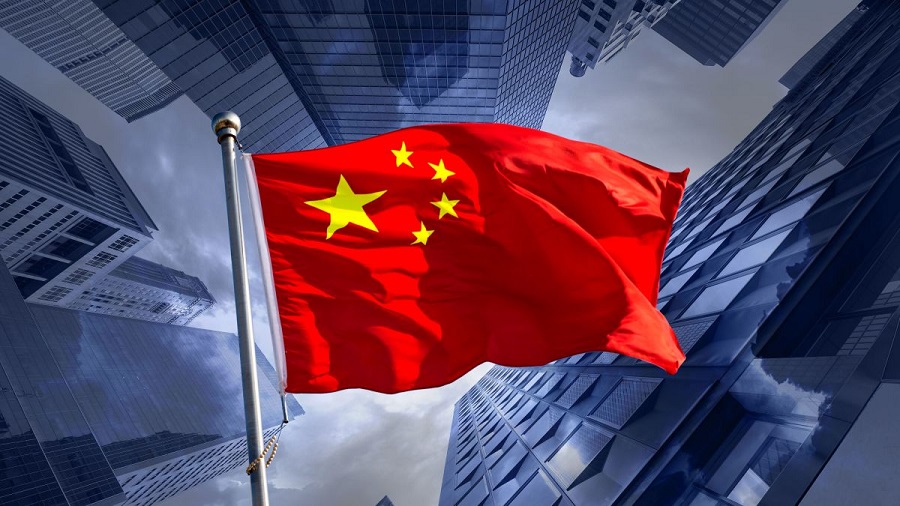China, often referred to as the “Factory of the World,” has undergone a significant economic transformation in recent years. Beyond its traditional role as an export-driven manufacturing hub, China is now emerging as a global innovation powerhouse. In this article, Kavan Choksi will explore China’s economic shift from a unique perspective, focusing on its endeavors to transition from a manufacturing-based economy to one centered on innovation and technology.
The Manufacturing Boom
For decades, China’s economic engine revved on the back of a manufacturing boom. With its vast labor force and low production costs, the country became the world’s workshop. It churned out an array of goods, from textiles to electronics, catering to global demand. This manufacturing prowess not only propelled China’s rapid economic growth but also made it an indispensable player in global supply chains.
However, this growth model faced challenges. Overcapacity in certain industries, concerns about environmental degradation, and issues related to income inequality all signaled a need for change.
The Innovation Drive
Recognizing the limitations of a manufacturing-centric economy, China has embarked on a journey to become an innovation-driven nation. Several key factors have fueled this shift:
- Government Initiatives: China’s government has rolled out initiatives like “Made in China 2025” and “Internet Plus” to promote innovation and technology development across various sectors.
- Rising Middle Class: A burgeoning middle class with increased purchasing power has created a vibrant consumer market. This, in turn, incentivizes innovation in areas like e-commerce, fintech, and healthcare.
- Entrepreneurial Spirit: A wave of entrepreneurial zeal has swept the country, with startups and tech companies emerging as global leaders in sectors such as e-commerce (Alibaba), social media (Tencent), and artificial intelligence (Baidu).
- Investment in Research and Development: China has significantly increased investments in research and development (R&D), leading to breakthroughs in areas like quantum computing, biotechnology, and renewable energy.
Global Implications
China’s pivot toward innovation carries significant global implications:
- Technological Competition: China’s rapid advancements in technology have positioned it as a major player in global technological competition, challenging the dominance of the West in areas like 5G and artificial intelligence.
- Investment Opportunities: The country’s growing emphasis on innovation and technology creates investment opportunities for global firms and investors, fostering international collaboration and partnerships.
- Supply Chain Shifts: China’s transition to a more high-tech economy may lead to shifts in global supply chains, impacting industries and trade patterns.
- Geopolitical Landscape: China’s emergence as a global innovation powerhouse has raised geopolitical tensions, impacting international relations and trade dynamics.
China’s transformation from a manufacturing-based economy to an innovation-driven powerhouse is a testament to its adaptability and forward-thinking vision. As the world watches China’s rapid ascent in the technology and innovation arenas, the global economic landscape is evolving in ways that will influence trade, investment, and competition for years to come. China’s journey serves as a reminder that economic transformation is a dynamic process that continually reshapes our world.

